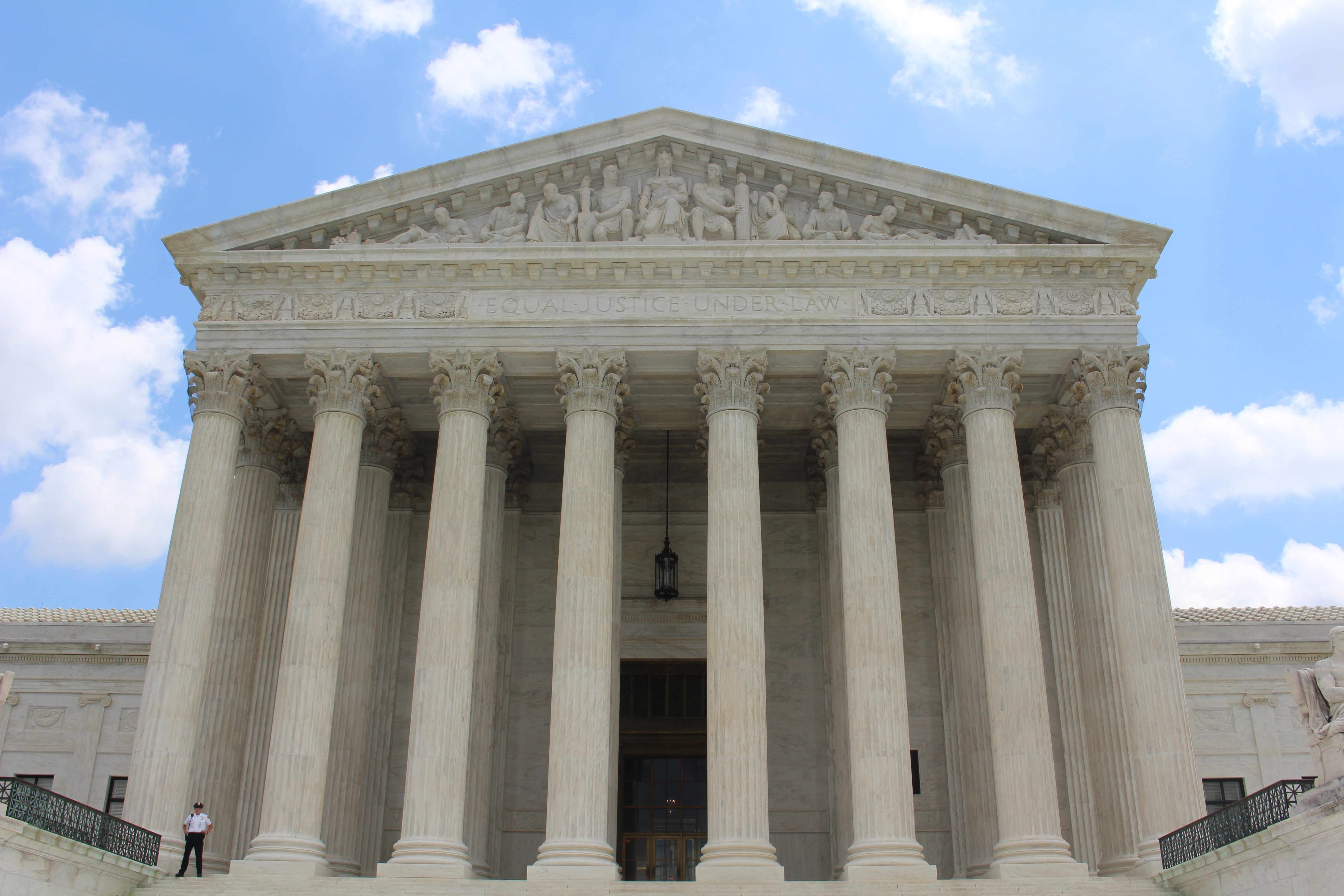By Warren Collins & Marc P. Weingarten
“World in motion – speed your changes. Close your distances, find your angels. Lose your fears and meet your dangers.” Jackson Browne (1989)
Introducing the Plaintiff
By Warren Collins & Marc P. Weingarten
“World in motion – speed your changes. Close your distances, find your angels. Lose your fears and meet your dangers.” Jackson Browne (1989)
Introducing the Plaintiff

Partner Andrew DuPont has joined the Board of Directors of Justice for Our Neighbors of the Delaware Valley (JFON-DV) and serves as the Co-Chair of the Finance and Development Committee.

On Thursday, February 4, 2021 the Subcommittee on Economic and Consumer Policy for the House of Representatives published a staff report titled “Baby Foods are Tainted with Dangerous Levels of Arsenic, Lead, Cadmium, and Mercury.” The Subcommittee, relying on internal company test results from Nurture, Beech-Nut, Hain and Gerber found that all tested baby foods contained concerning levels of heavy metals. The Subcommittee noted that Walmart, Campbell and Sprout Organic refused to cooperate with the investigation and noted “their lack of cooperation might be obscuring the presence of even higher levels of toxic heavy metals in their baby food products than in their competitors’ products.” The report focused on four heavy metals: arsenic, lead, cadmium and mercury.

Disputes over personal jurisdiction have become more and more commonplace in product liability cases in recent years. Although the U.S. Supreme Court has issued several seminal decisions addressing personal jurisdiction over the past decade, there is a specific jurisdiction issue in relation to which it has not rendered a decision but is expected to do so shortly. This issue is the interpretation of the oft-repeated language in the case law that plaintiff’s injury must “arise out of or relate to” defendant’s in state conduct for it to meet federal due process requirements. SCOTUS heard oral argument in two consolidated cases, Ford v. Bandemer and Ford v. Montana Eight Judicial District on October 7, 2020. Ford’s argument in both cases was that because the plaintiffs had each purchased their Ford vehicles second hand in another state, Ford’s in-state activities in Montana and Minnesota were irrelevant because the respective plaintiff’s injuries did not arise from those in-state activities. SCOTUS is likely to issue its decision soon on this matter.

"Good, wise leaders respect the law and basic values of their society"- Nelson Mandela.
"If we desire respect for the law, we must first make the law respectable" - Hon. Louis Brandeis.
"Without appreciation and respect for other people, true leadership becomes ineffective if not impossible"- George Foreman.
Partner Jennifer L. Emmons represented a little girl, now 7 years old, whose arm was injured during her birth. During the delivery and after the baby's head came out, her shoulder got stuck. This is referred to in obstetrics as a shoulder dystocia. There was evidence that the nurse midwife, who was the only obstetrical provider at the delivery, pulled on the baby in order to free her shoulder and get her delivered. This is not an appropriate maneuver nor an appropriate technique to free a shoulder that is stuck or impacted during delivery. The standard of medical care required the midwife to avoid using improper downward, lateral traction on the baby's head in an attempt to deliver the baby in this situation. As a result of the force used by the midwife to deliver this baby, Ms. Emmons' client suffered a particularly severe brachial plexus injury, or Erb's Palsy injury to her right arm, resulting in the tearing and permanent disability of 3 nerves that left her arm significantly dysfunctional and disfigured. The client was awarded $4 million dollars after a week-long arbitration. Caroline Bar was second chair and assisted Jennifer during the trial.

As a law student in 1970, the upheaval of the 60's was a part of my thinking as I sat in my first class in Civil Procedure. As I looked around the classroom in what was an old repurposed factory building, I noticed many women about to take on law school with me. I confess I was too unaware to think about how or whether their opportunities in the profession would be different than mine as a white male. The death of Ruth Bader Ginsburg causes me to look back and reflect on what I now know to be the way in which these women worked through the inequality and gender bias of the day with pride and determination to succeed in this honorable profession.

In the summer of 2003, I traveled with several colleagues in the Irish American Bar Association of New York to Washington D.C. for a ceremony to be admitted to practice before the United States Supreme Court. I relished the pomp and circumstance of the occasion, the breakfast beforehand where Sandra Day O’Connor circled the room greeting our members, the moment the Court was called to order, the lush velvet curtains drawn back to reveal the nine justices whose decisions impact our lives in innumerable ways. I joked later that I was so close to Justice Ruth Bader Ginsburg that she could have spit on me from her vantage point on the esteemed bench. Before the ceremony, I held my six month old daughter on my hip on the steps of the Supreme Court, taking for granted my ability to practice law, to be a working mother, the respect I received from my male colleagues, and the unlimited potential of my baby daughter to make her own choices in life - a choice of career, a choice of life partner, and a choice of family. I have Justice Ginsburg to thank for much of what we had that morning and continue to have.


This past week, Partner Janet Walsh, organized and co-hosted with Professor JaneAnne Murray of the University of Minnesota Law School a virtual event for the Irish American Bar Association of New York. The event celebrates James Joyce's Ulysses and its contribution to First Amendment jurisprudence in the United States. Featured in the Irish Times, the event raised money for Bryan Stevenson's Equal Justice Initiative which is “committed to ending mass incarceration and excessive punishment in the United States, to challenging racial and economic injustice, and to protecting basic human rights for the most vulnerable people in American society.”
Locks Law Firm only provides legal advice after having entered into an attorney client relationship, which our website specifically does not create. Conversations that originate from website messaging, chat or other two way web based engagement do not create an attorney client relationship. It is imperative that any action taken be done on the advice of counsel. Because every case is different, the description of awards and cases previously handled do not guarantee a similar outcome in current or future cases. The firm practices law in Pennsylvania, New Jersey & New York as Locks Law Firm. Super Lawyers, Best Lawyers in America and other organizations that rate attorneys are not designations that have been approved by the State Supreme Courts or the American Bar Association.